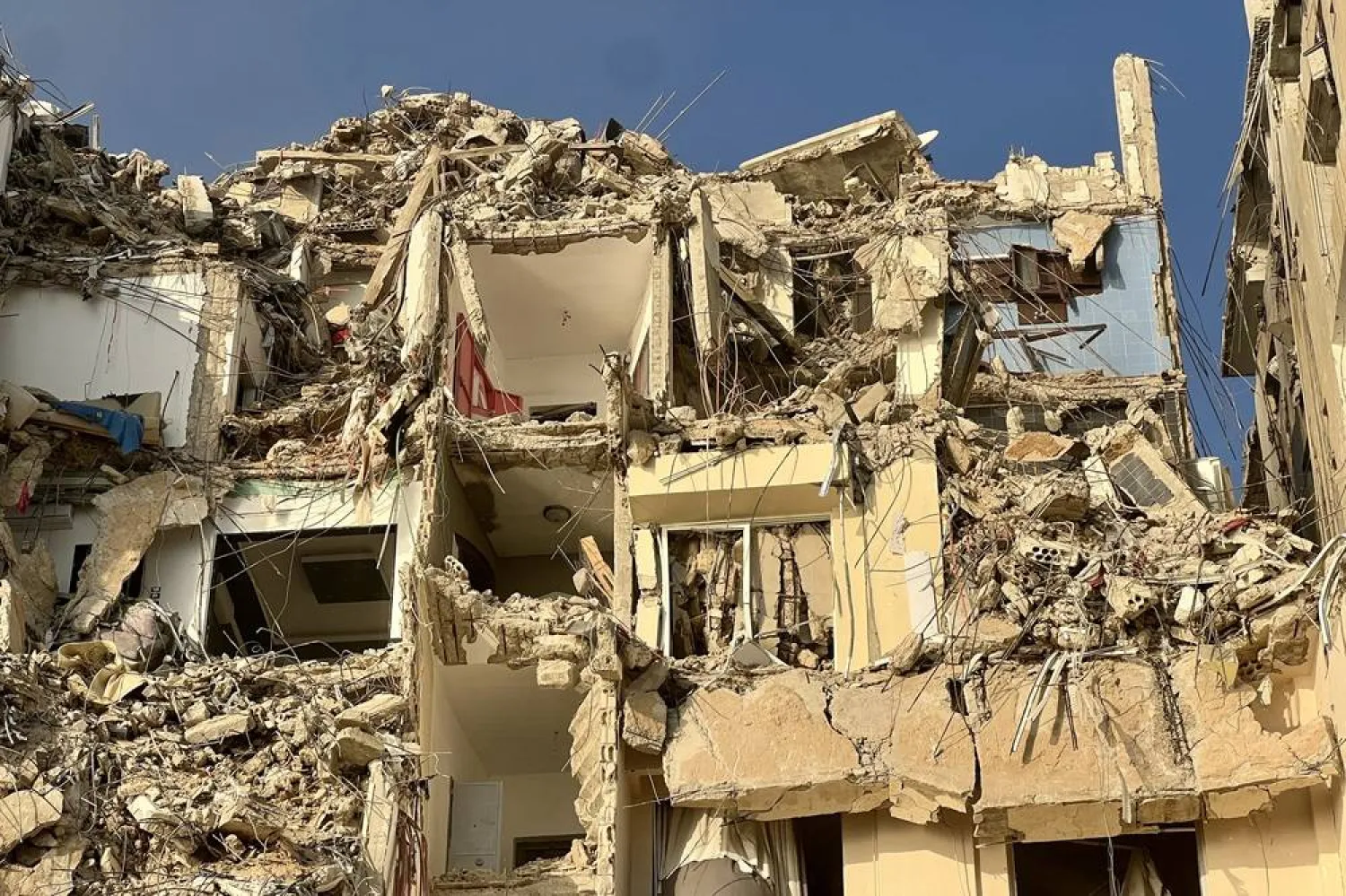Lebanon’s Health Ministry reported Monday that 38 people were killed and 124 wounded over the past 24 hours, bringing the total toll from a year of conflict between Hezbollah and Israel to 2,710 killed and 12,592 wounded. One quarter of those killed were women and children.
The highest number of casualties has been recorded in the South province, followed by Nabatiyeh, the Baalbek region and Bekaa Valley.
The health ministry reported that over the past year, 2,041 men have been killed and 9,881 wounded. Women account for 532 fatalities and 2,351 injuries, while 157 children have been killed and 1,129 injured.
In the health care sector, the ministry said that 168 health workers have been killed, 232 wounded and 239 medical vehicles damaged since Oct. 8. Additionally, 79 medical and ambulatory centers have been affected, along with 38 hospitals.
On Monday, intense airstrikes have continued to pummel various villages across South Lebanon and the Bekaa Valley. In one case, two Israeli strikes killed six members of a single family in the town of Bodai in the Baalbek province, according to the state-run National News Agency.









